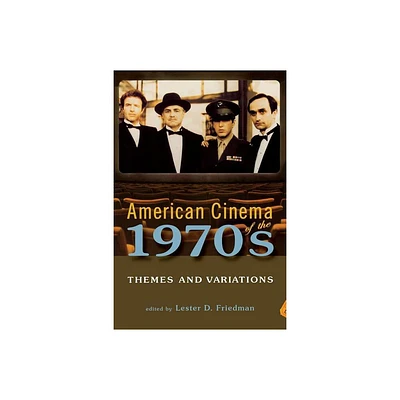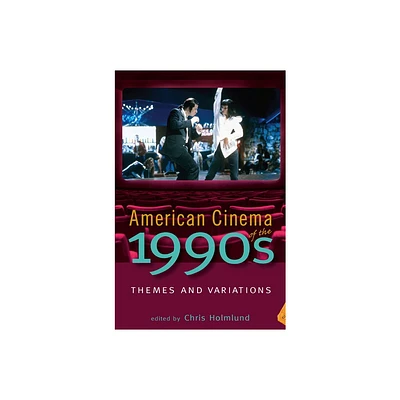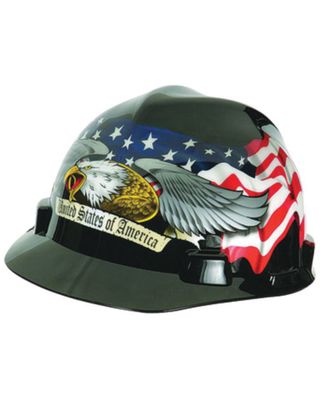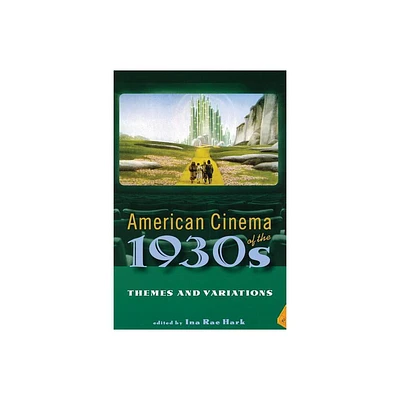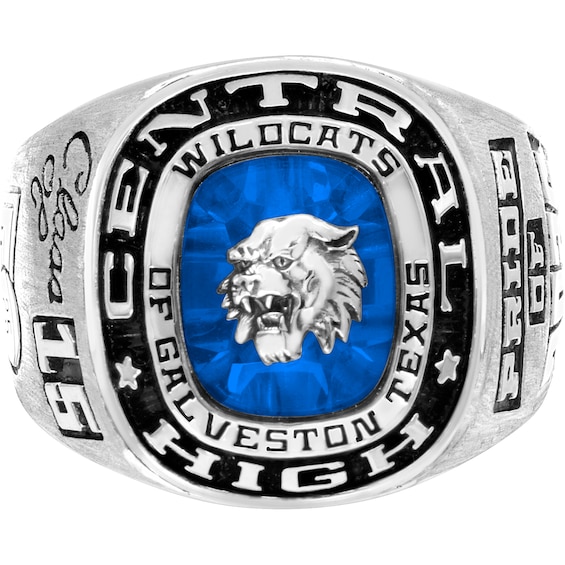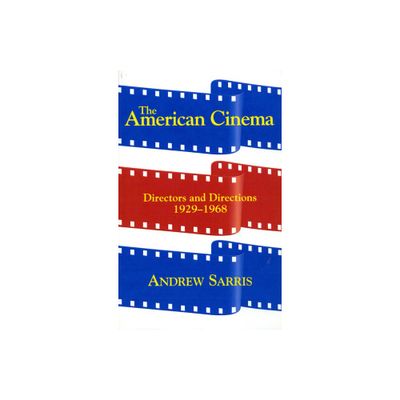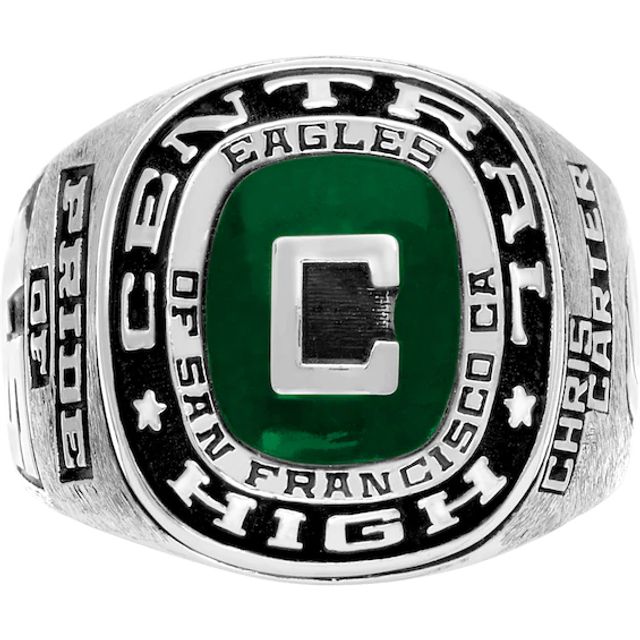Home
Hard Hats, Rednecks, and Macho Men: Class in 1970s American Cinema
Loading Inventory...
Barnes and Noble
Hard Hats, Rednecks, and Macho Men: Class in 1970s American Cinema
Current price: $39.99


Barnes and Noble
Hard Hats, Rednecks, and Macho Men: Class in 1970s American Cinema
Current price: $39.99
Loading Inventory...
Size: OS
*Product Information may vary - to confirm product availability, pricing, and additional information please contact Barnes and Noble
Everywhere you look in 1970s American cinema, you find white working-class men. They bring a violent conclusion to
Easy Rider
, murdering the film's representatives of countercultural alienation and disaffection. They lurk in the Georgia woods of
Deliverance
, attacking outsiders in a manner that evokes the South's recent history of racial violence and upheaval. They haunt the singles nightclubs of
Looking for Mr. Goodbar
, threatening the film's newly liberated heroine with patriarchal violence. They strut through the disco clubs of
Saturday Night Fever
, dancing to music whose roots in post-Stonewall homosexuality invite ambiguity that the men ignore.
Hard Hats, Rednecks, and Macho Men
argues that the persistent appearance of working-class characters in these and other films of the 1970s reveals the powerful role class played in the key social and political developments of the decade, such as the decline of the New Left and counterculture, the re-emergence of the South as the Sunbelt, and the rise of the women's and gay liberation movements. Examining the "youth cult" film, the neo-Western "southern," and the "new nightlife" film, Nystrom shows how these cinematic renderings of white working-class masculinity actually tell us more about the crises facing the middle class during the 1970s than about working-class experience itself.
Hard Hats
thus demonstrates how these representations of the working class serve as fantasies about a class Other-fantasies that offer imaginary resolutions to middle-class anxieties provoked by the decade's upheavals.
Drawing on examples of iconic films from the era-
Saturday Night Fever, Cruising, Five Easy Pieces
, and
Walking Tall
, among others-Nystrom presents an incisive, evocative study of class and American cinema during one of the nation's most tumultuous decades.
Easy Rider
, murdering the film's representatives of countercultural alienation and disaffection. They lurk in the Georgia woods of
Deliverance
, attacking outsiders in a manner that evokes the South's recent history of racial violence and upheaval. They haunt the singles nightclubs of
Looking for Mr. Goodbar
, threatening the film's newly liberated heroine with patriarchal violence. They strut through the disco clubs of
Saturday Night Fever
, dancing to music whose roots in post-Stonewall homosexuality invite ambiguity that the men ignore.
Hard Hats, Rednecks, and Macho Men
argues that the persistent appearance of working-class characters in these and other films of the 1970s reveals the powerful role class played in the key social and political developments of the decade, such as the decline of the New Left and counterculture, the re-emergence of the South as the Sunbelt, and the rise of the women's and gay liberation movements. Examining the "youth cult" film, the neo-Western "southern," and the "new nightlife" film, Nystrom shows how these cinematic renderings of white working-class masculinity actually tell us more about the crises facing the middle class during the 1970s than about working-class experience itself.
Hard Hats
thus demonstrates how these representations of the working class serve as fantasies about a class Other-fantasies that offer imaginary resolutions to middle-class anxieties provoked by the decade's upheavals.
Drawing on examples of iconic films from the era-
Saturday Night Fever, Cruising, Five Easy Pieces
, and
Walking Tall
, among others-Nystrom presents an incisive, evocative study of class and American cinema during one of the nation's most tumultuous decades.
